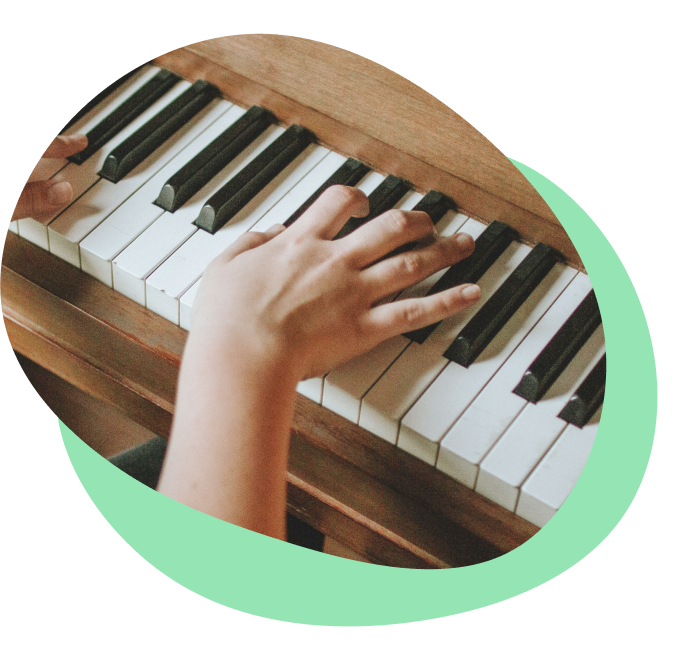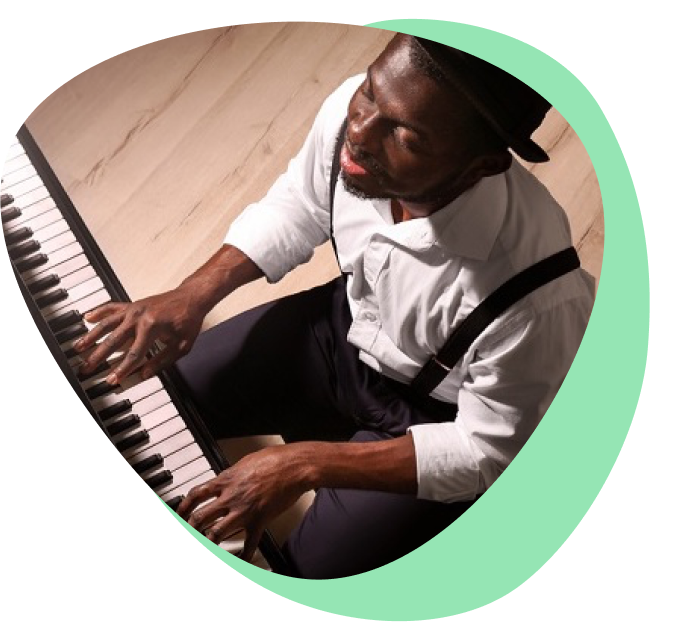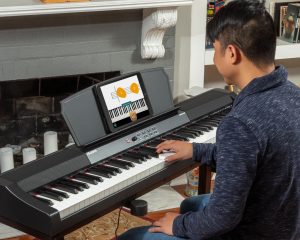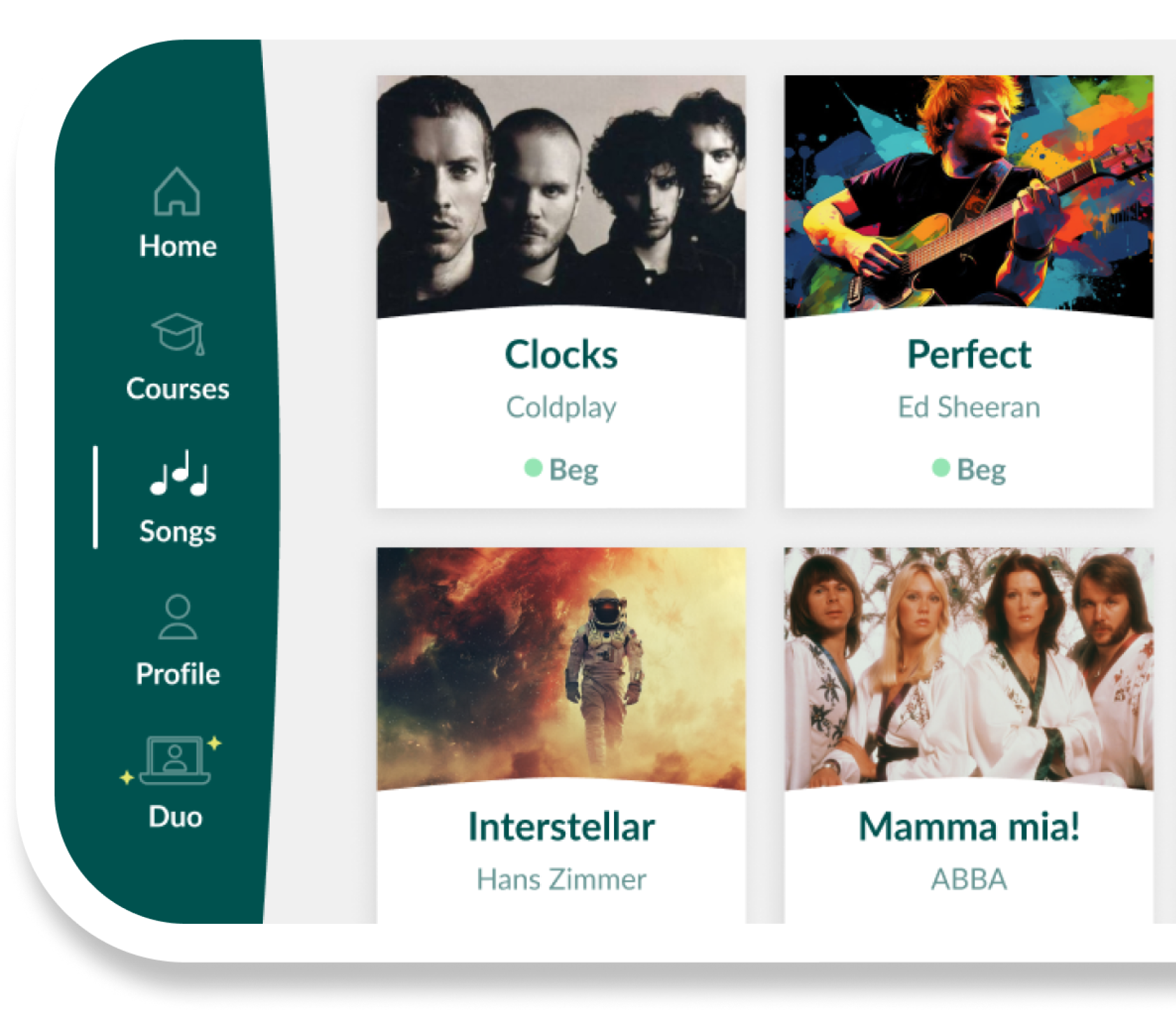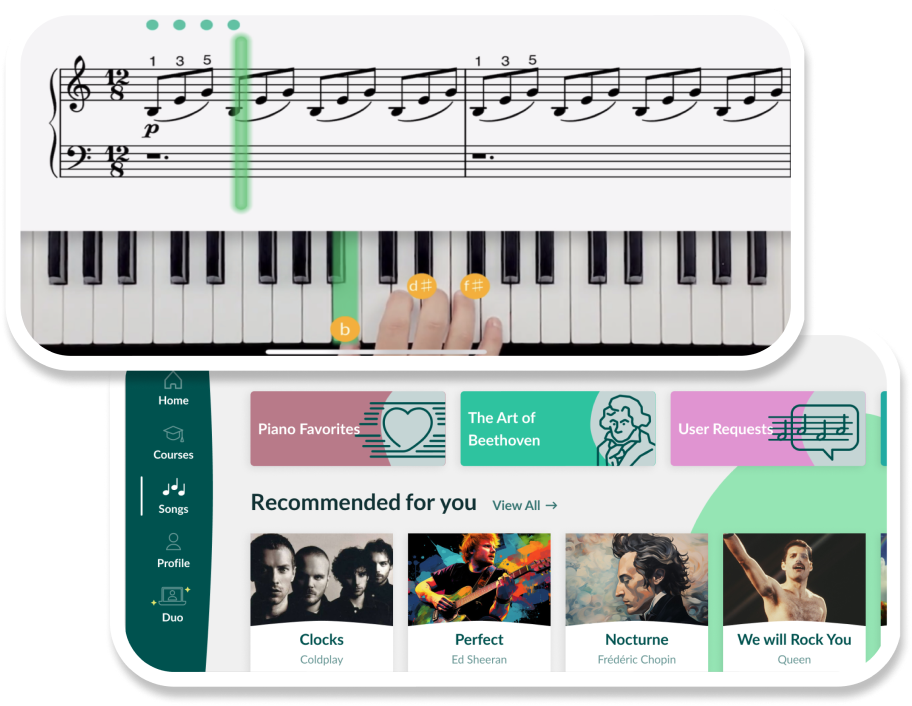The life of a professional musician can be hectic and stressful. Unlike more traditional jobs, musicians generally work as freelancers and do not have bosses or any specific place to be at any time. While this lifestyle offers a certain degree of freedom, it comes with an added layer of stress. Professional musicians often need to fill the roles of an entire team by themselves including marketing, promotion, booking of gigs, lessons, and events, not to mention daily practice and creative time.
The average person can learn quite a bit from the time management skills of successful professional musicians. In this article, you can learn a few tricks that serious musicians do everyday to ensure their continued success and creativity!
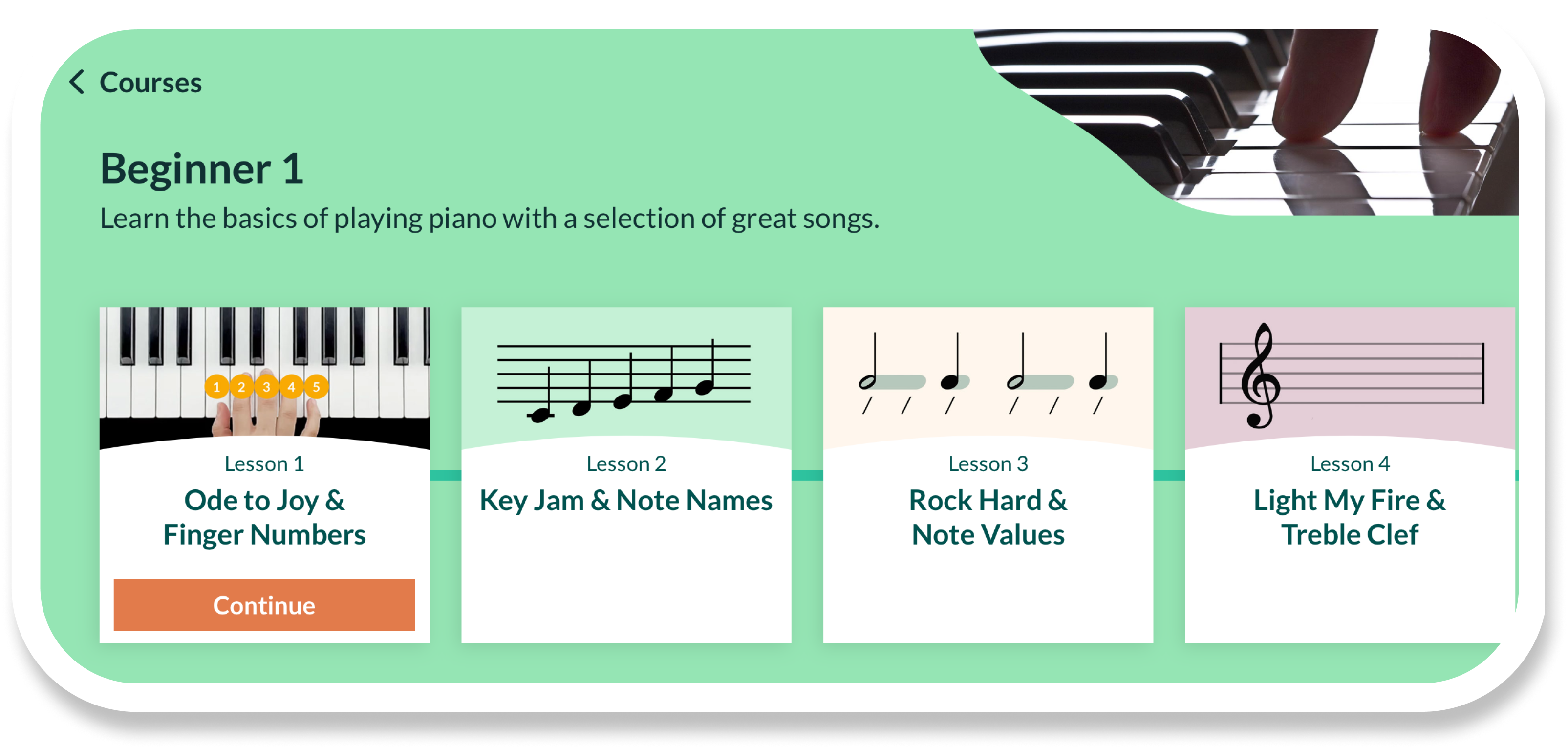
Plan ahead
Setting a schedule for your day will increase your productive and creative time and decrease your stress. Get detailed with it! Many professional musicians schedule their piano practice time down to the minute. This way, when the time comes to practice, you know exactly what you are going to do and for how long. You won’t waste any time wondering what you should do. Schedule in time to look for students, answer booking or promotional emails, or research new venues to perform. All part of a day in the life of a musician.
Organizing a list of tasks in this manner ultimately will help you feel more accomplished and satisfied with your work, decrease your overall stress level significantly, and help you to play piano like a pro. The trick to accomplishing any large task like becoming a successful and advanced pianist is to complete small and manageable tasks everyday that are easy to accomplish.
Schedule creative time
It may seem counter-intuitive, but creating a schedule for creative time is one of the things every musician needs to do. There is a sort of myth that says creativity should be spontaneous and impulsive; creative urges emerge out of this void into our lives and artists and musicians are lucky enough to be there to capture them on paper or through music.
While this may be occasionally true, it is equally valid and probably more successful over time to schedule opportunities to create music. By scheduling time to compose and create music, you are training your creative reflexes and muscles to engage on a daily or weekly basis. The surest way to create music is to spend time creating it and by scheduling time for yourself to create music, you are setting your future self up for certain success.

Listen to music everyday
Listening to music, preferably new music, everyday is another thing that every musician needs to do. No day in the life a musician goes by without setting aside some time to listen intently and critically to new sounds. Doing this will help keep you inspired, train your ears, and expand your ideas of what is possible. Check out an artist you have never heard or a genre you have never explored.
Beyond that, listening to new music is fun! After all, you began to study the piano seriously because you love music, right? Perhaps you will hear a new melody or chord progression that inspires a new original song. Or perhaps you hear an exceptional technical line and then you end up spending an extra 3 hours practicing to learn how to play it. You never know what will happen when you start listening to new music.
A great exercise is to pull up a playlist on YouTube or Spotify of new music and press play. Listen to each song in order and try to play along with the music as it happens. Through this exercise you practice your ear training and spontaneous learning skills and you listen to an entire playlist of music that you had probably never heard – a win/win!
Head to the party
The life of a successful musician isn’t just all work and no play! Once you have finished up your creative, practice, and business time, head out to a local show to network with other musicians. Your community of musicians will be your biggest supporters and you need to reciprocate the support!
Likewise, if you want to perform, collaborate, or build-up a studio of students, it is imperative that you spend time hanging out where other musicians hang out – the local music venues, coffee shops, bars, etc. This is one of the most enjoyable parts of learning an instrument as an adult and one of the important things every musician needs to pay attention to! Additionally, take time to research any music industry events that are happening in your town and make a point to attend and take notes on what you learn.
Take time to reflect and revise
At the end of the day, you should take some time to reflect on your goals and progress and to revise your plans if necessary. You could do this on a weekly or monthly basis. How are you doing with your goals? Are you setting a realistic daily schedule? Do you feel like you have a healthy balance with music in your life? Are you feeling creatively satisfied? Are you satisfied with your technical progress? Are you taking the time to listen to music, go to shows at music venues or check out livestreams, and spend time with other musicians? Checking in with yourself and how you feel you are doing with these different areas will help you achieve your goals, feel more satisfied with the role music plays in your lifestyle, and help you understand the benefits of music education for yourself.

Conclusion
The lifestyle of a professional musician may seem like a non-stop party affair, but under the surface of any successful musician lies an extremely organized and disciplined person. Successful musicians today need to accomplish a wide range of tasks on their own. They need to schedule time to practice, compose, and record music, organize and promote performances and music releases, create websites and manage an ever-increasing category of online presences, and somehow find time to engage with other people in healthy ways, while simultaneously attending to their health and wellbeing.
No matter what role music plays in your life, you can learn from the time management skills of serious musicians. By incorporating these strategies into your lifestyle, you will increase your creative output and feel more satisfied that you are accomplishing your own musical goals, whether that is to perform for friends and family at a gathering, release an album of original music, or just simply to play piano for yourself as a stress releasing hobby.
Author of this blog post

Eddie Bond is a multi-instrumentalist performer, composer, and music instructor currently based in Seattle, Washington USA. He has performed extensively in the US, Canada, Argentina, and China, released over 40 albums, and has over a decade experience working with music students of all ages and ability levels.




